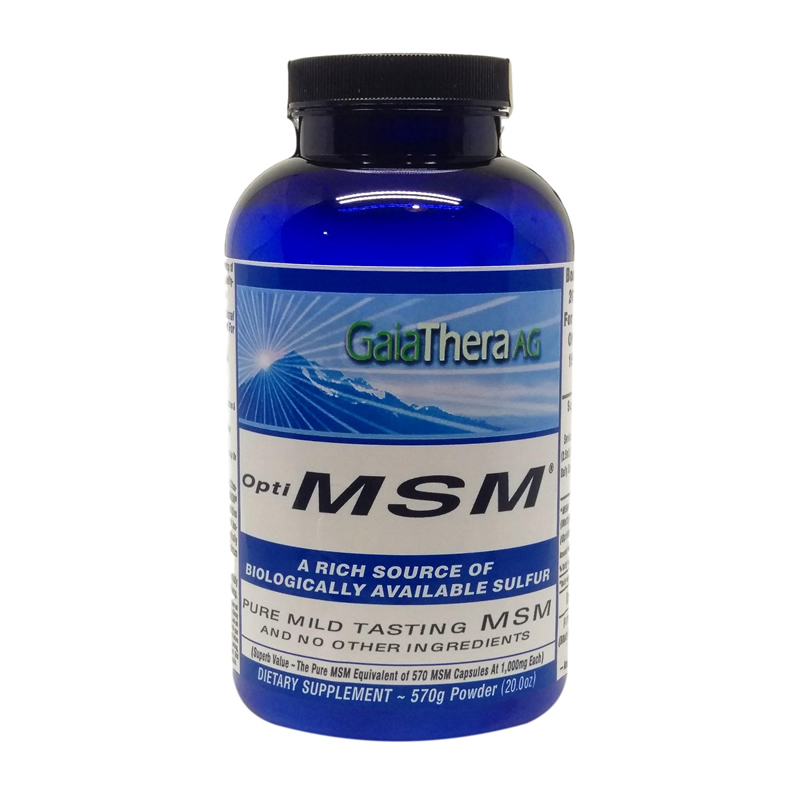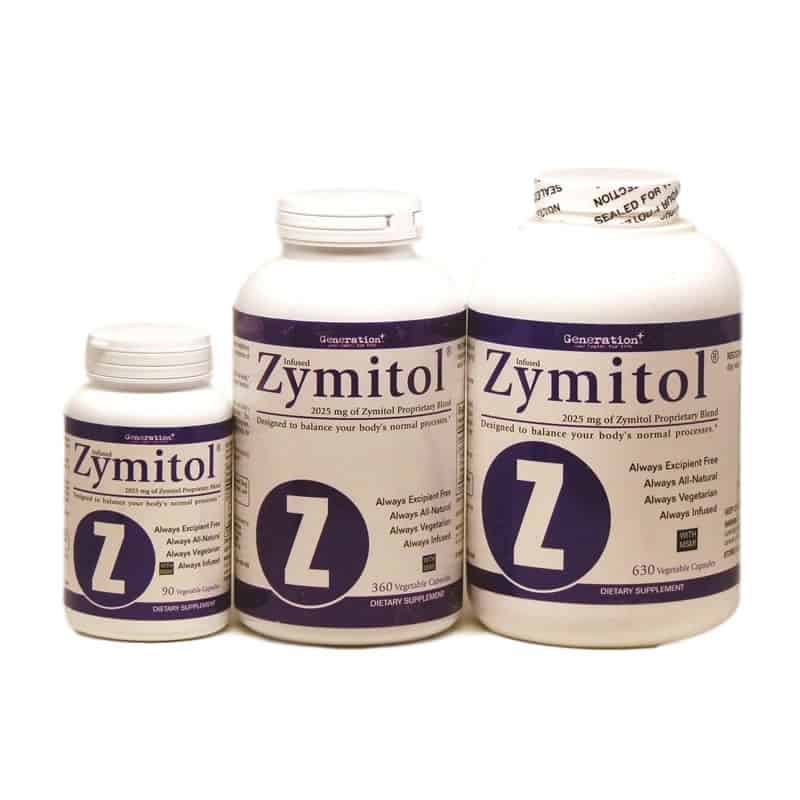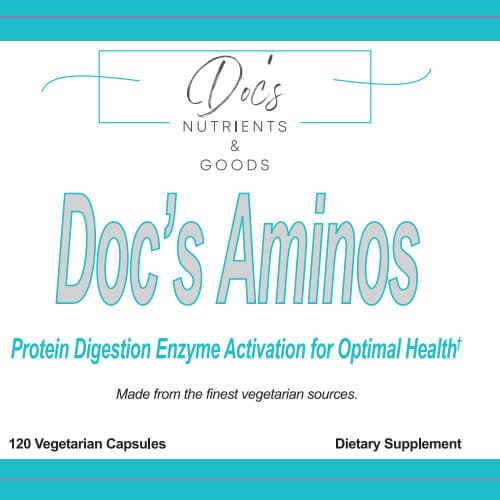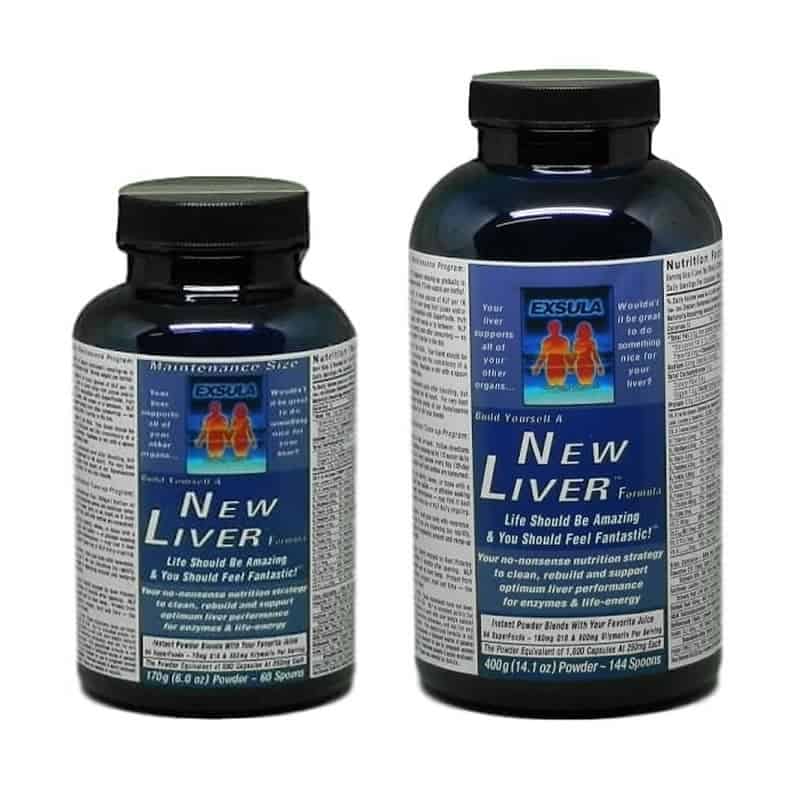No products in the cart.
Podcast: Play in new window | Download
Subscribe: Apple Podcasts | Amazon Music | Email | RSS
Podcast 331: Opti-MSM
Cellular Detox, Oxygen Utilization, Joint Repair and Maintenance
Recovery from Chronic Aches, Over-exertion or Repetitive Stress
Relief from Fatigue, Temporary or Chronic, and from Toxic Load
OptiMSM is MSM & Bioavailable Sulfur
MSM is made up of 34% Organic Sulfur (organic in this sense simply means bound to a carbon). Sulfur is the third most abundant mineral in your body (after calcium and phosphorus) and it’s crucial to improving and maintaining your good health.
The primary function of Sulfur is transporting oxygen across your cell membranes. Without intracellular oxygen, your health declines and you age sooner, rather than later.
Cellular oxygen transport enables healthy cellular regeneration. It’s essential to joint and soft-tissue repair, and maintenance. It may speed up muscle recovery by assisting in the repair of micro-tears which occur after strenuous activity.
In conjunction with transporting oxygen across the cell membrane, Sulfur has demonstrated its ability to detoxify heavy metals, another route for cell regeneration. Sulfur is also a key for your body to use amino acids – your body’s building blocks. Of all of the amino acids, some 70% are Sulfur-based. Sulfur also helps with skin health, blood pressure and circulatory regulation, scar tissue reduction, pain reduction and damaged nerve regeneration.
Plants can produce Organic Sulfur – mammals cannot. We must ingest sufficient quantities every day.
The Biggest Effect of Oxygenation from Sulfur is on Tumors!
Otto Warburg (Nobel Prize winner in 1931) proved that cancer in humans is anaerobic – that means without oxygen. Cells in permanent oxygen deprivation switch from respiration (breathing) to fermentation (dying). Just think what better cellular oxygenation could do to shrink and stop tumors – they all thrive without oxygen!
SCOTT: Welcome, everybody! This is a Life Enthusiast Podcast, restoring vitality to you and to the planet. I am your co-host Scott Paton, and joining me, as usual, is Martin Pytela, health coach at Life Enthusiast! Hi Martin, how are you doing today?
MARTIN: Oh, I am doing good, and maybe we should have switched it, when we first formed the company, we should have called it Health Enthusiast company and life coach Martin. (laughing).
SCOTT: (laughing) That is right. Cool! So today we want to talk about a substance that is really, really crucial to how our bodies work, it is necessary for our bodies to work properly, but almost nobody ever talks about it, and that is sulfur. Martin, why is sulfur so important to our overall health?
MARTIN: There are major ingredients and minor ingredients, major elements, and minor elements. We are mainly made of water, foods that we ingest have carbohydrates, that is carbon and hydrogen, fats, that is carbon, hydrogen, and oxygen, and then if you want to make protein, you add nitrogen to it. And then some proteins also add the sulfur. That is looking at it from the elemental perspective, but we also need to understand it from ionic perspective, because sulfur can be in different ions, for example, the hydrogen sulfite (H2S), that is the stinky, rotten egg smell, that we associate with volcanoes and devils and all of that nastiness.
When we talk about bioavailable sulfur, it is the sulfonyl, a form that you would find in garlic and onion and other vegetables like broccoli, they do have a strong pungent smell, but it is quite different from the brimstone. You asked why they are so important. They are really important for transporting oxygen across a cellular barrier. If you could visualize that each of your cells has a skin, a membrane composed of a fatty acid layer, and that layer is semipermeable, but it opens only in the right conditions. Sulfur is involved in helping oxygen to get from the outside of the cell into the cell through that membrane. You need oxygen inside the cell to convert food into energy, and sulfur is involved in helping get the oxygen from the outside to the inside. If this mechanism is not working properly, you are going to be low on energy. Sulfur is also involved in the construction of connective tissue.
SCOTT: So if I have chronic aches or pains, then it is possible that I have a deficiency in sulfur, right?
MARTIN: Yes. When we have a deficiency in sulfur, we don’t repair as quickly as we would otherwise.
SCOTT: So, in my previous life, I was a grocery store manager, this is 25-40 years ago, we all had carpal tunnel syndrome, that is what they called it, basically we had all these people with stuff on their arms and mostly it was their wrist, there was very repetitive work that they did, repetitive stress injury, so we probably were lacking in sulfur.
MARTIN: Possibly, yes! In fact, MSM (methyl sulfonyl methane) is an important component in many of the products we have that are involved in repairing chronic tissue damage. We have Recovery, that product has a tagline of “Freedom to move,” 50% of the capsule is MSM, the rest is the other ingredients. Same for a product called Platinum Plus Amino Acids, which is also 50% MSM, and yet another famous one called Zymitol, that also is 50% MSM, this time mixed with different enzymes. This product is used for sports injuries, scar tissue repair. So if you over-stress or over-exercise, you cause yourself a pain in the muscles. When you are pushing weights too much, you will hurt the next day. People who want to train harder without hurting take something like Zymitol with fibrinolytic enzyme and sulfur, which gives them energy, faster repair, and no scarring. And of course, you can use it for things like fibroid tumors, scars, stretch marks, that sort of thing.
SCOTT: So MSM is made up of about 34% organic sulfur, organic here means that it is bound to a carbon molecule, so that body can use it, it is not like a rock.
MARTIN: To explain that more, it is methyl sulfonyl methane. We need to understand the concept of methylation. This has been becoming more known in the mainstream now that people who have methylation genetic damage, it is called MTHFR mutation, which stands for Methyl Tetra Hydro Folate Reductase, which is a specific enzyme that helps us methylate, to activate a specific protein. Some of us, including me, are genetically mutated in such a way that we don’t methylate as well as others. Our ability to convert food into energy is lower, our ability to detoxify is lower. There are some positive things about it, you get linguistic skills, people with this mutation are high achievers, have musical talents, but you also get the inability to run long distances or work hard physically without exhausting yourself fairly quickly. MTHFR is the mutation associated with a lot of chronic inflammatory problems that people have, including fibromyalgia, chronic fatigue, and other related conditions.
SCOTT: So will taking MSM help with that process?
MARTIN: Well, the sulfur is involved with the oxygen and the methyl ion in the MSM is involved in donating itself to the methylation. So you get two benefits, the methyl ions, and the sulfur so that you will improve your oxygen processing and your methylation processing. Chronic fatigue is a nasty thing that debilitates a lot of people. I get stories back, people telling me: “it was this simple, two teaspoons of this stuff a day, and I no longer need to stay in bed until noon. I have full access to full energy.” Yes, it is that simple.
SCOTT: The MSM we are talking about is a product by Gaia Thera, we get it in bulk from a company in Washington state, they are the largest manufacturer of MSM in the United States.
MARTIN: Their trade name is OptiMSM, it is a nice play on words MSM and Optimism. They make two versions, capsules and powder. The powdered version is nothing but the sulfur, as pure as can be. The capsule has silicon dioxide to make it flow into capsules. We decided to offer the powder version to our customers.
SCOTT: If you love sweets, you are not going to be that keen about OptiMSM, because it is a bit bitter. So how would you recommend someone take it?
MARTIN: Well, I think you are underplaying it a bit. It is the most bitter-tasting thing you’ll find anywhere. However, it is not a big deal. You need to take a teaspoon, so you can mix a teaspoon of the powder with a couple of ounces of liquid and drink it, water, tea, or juice.
SCOTT: It will taste terrible, but it works right. There is a pretty high chance that almost everybody is deficient in sulfur, it is pretty safe to say that this is just a way of getting back to what is normal from a deficiency state. But over time, develop a taste for it. I don’t want to say you will start liking the taste, but you will get used to it, you just hate it less with time. I remember the first time I had one of the Exsula products, I just put it in water, stirred it up, and drank it, and it was not good. Six months later, maybe even three months later, I realized it doesn’t taste as bad as I remembered. Of course, if you have a diet that is predominantly sugar, ice-cream, coke, and juices, then you are going to have a bit of a problem with something that is bitter like that. You gotta take it quickly. But when you continue to take it, you will feel better. Your taste buds get used to this stuff. This is where you have to do a little bit of work to have a healthy life. We know what doing no work brings us, it brings us diabetes, two-thirds of the population being obese, people having cancer or heart attacks, it brings us 1 in 55 children having autism… We have all of these epidemics going on, because of our lifestyle, and what we put in our mouth.
MARTIN: You also need a sufficient quantity of it. The normal adult dose is five grams twice a day, that is a whole teaspoon twice a day. If you have capsules, typical capsules are 500mg, the big ones are 1000mg, but if you are using the typical capsules, that would mean 10 capsules in the morning and 10 capsules in the evening. So it is better to just do it using the powder. If you are not used to it, early on you may have some gurgling in the digestive system, as you start feeding sulfur into your digestive system, different microbes are going to get support, microbes that didn’t have the support before, so you could have a few days of an adjustment period, something going on in the belly. Not a tummy ache, more like flatulence. Please persevere for three days, it will pass.
MARTIN: When would I want to use it? For almost any inflammatory condition, any immune challenge condition. That puts it right into that list that you mentioned, heart disease is an inflammatory condition, skin conditions, cancer is an immune challenge, joint pain, arthritis, osteoporosis, and other, GERD, acid indigestion, that can be related, liver issues, and then the mental issues, ADD, hyperactivity, mood swings, depression, that sort of stuff. All of these conditions are improved, when you get the MSM into your body.
SCOTT: Alright, cool! We talked a little bit about modern diseases, but what about cellular regeneration?
MARTIN: Yes, sulfur is really, really important, and involved in cellular regeneration. Cellular degeneration is basically aging, regeneration is renewal. So if you want to age slower, or perhaps even reverse some of the damage that you caused yourself, then this will help. It really speeds up healing.
SCOTT: You also mentioned enzymes and amino acids, amino acids are our body’s building blocks, we require a lot of those. I have heard that about 70% are sulfur-based, is that correct?
MARTIN: You are correct. Some are without sulfur, but many require sulfur as one of the main building blocks. So as you are manufacturing the building blocks of life in your body, you require the necessary nutrients, and sulfur is one of them, and it is not readily present in the foods you eat. So supplementing with MSM is going to make a big, positive impact.
SCOTT: You wanna talk a little bit about the sulfur study? It was Patrick McGuinn who did it, and it started in 1999. There was this fatal type of cancer, and they started noticing that it really responded well to sulfur.
MARTIN: Right, we actually have a link to that on our website.
SCOTT: That is an interesting article, because the US government in 1954 told the agriculture industry to start using chemical fertilizers, and sulfur plays an important role in regenerating cells, but the chemical fertilizers caused sulfur depleting in the soil.
MARTIN: Yes, they are pushing NPK into the soil, nitrogen, phosphorus, and potassium, but nothing else. These three elements are responsible for the food growing fast, looking good. so it has a visual appeal, but it is fairly hollow on the inside, the nutritional content is diminished. That is why supplementation is necessary because if you eat foods that have been produced using the industrial agricultural methods, it is automatically deficient in nutrients.
SCOTT: Based on the Sulfur study results, people with arthritis, osteoarthritis, osteoporosis said they had less pain, increased mobility…
MARTIN: …yes, it will shrink swollen joints, it will improve flexibility, it is healing to the tendons, ligaments, joints, cartilage, all of that. It also helps to regenerate blood vessels, reduce scar tissue, lowers blood pressure, breaks down calcium in arteries. Sulfur helps your body to turn stuff you eat into energy. When the conversion is poor, the starches or the glucose stays in circulation, and you can develop diabetes.
SCOTT: One thing I want to bring up is dear to my heart, because as you know, Martin, a while ago, my liver stopped. One participant in the Sulfur Study regenerated his liver after suffering 25 years of hepatitis C, which is the worst hepatitis there is, I think. And he took two tablespoons of sulfur twice a day for 15 months. The next one on the list in the Sulfur Study is parasites. How does sulfur affect parasites?
MARTIN: I think it has to do with the production of the mucus and just increasing the resilience of the tissues. It is sort of like being less friendly. When you see pestilence in fields, the pests attack crops that are weak. So likewise with the parasites, if your immune system is strong, if your defenses are vigorous, then they don’t find it as easy to connect.
SCOTT: When my sister was growing up when she was 12-16 years old, she suffered a lot from migraines and headaches. And it never occurred to me that sulfur could be a reason for that!
MARTIN: It could! A migraine is an inflammatory event, and of course,12-16 years old, that is the onset of puberty, which means a lot of hormonal changes in women, and because of all these hormonal cycles, some type of illnesses are more common in women, and migraine is definitely one of those, so is fibromyalgia, for example. So to tie it back together, sulfur is helping this, because it helps the immune system, and helps the connective tissue, and all of the other bits that are involved in this complex dance of health versus not-health.
SCOTT: What about focus, hyperactivity, depression, mood swings, ADD, all those issues…
MARTIN: So the ADD is more common in boys, right? Hyperactivity is more common in boys. All of that is predicated on the health of the mucosal linings in the gut. So if we have a healthy gut, that is well able to defend itself against external influences, you can maintain health, but as soon as the microbial terrain caves in and the permeability sets in. Leaky gut essentially equals leaky brain. So whatever is going down in the guts, that is not right, will affect the brain, the myelin sheath of the nerves is getting damaged, and so we have issues with motor control, issues with the ability to choose, ability to focus. To an autistic person, it seems as though you were playing five radio stations at the same volume at the same time, it is really difficult for them to choose what to focus on. The regular, healthy brain is able to just direct its attention on something. You could pick one conversation in a busy cocktail bar or somewhere, and stay with it. But for them, that is a near impossibility. And that is why you see them trying to distract themselves with some body ticks, or covering their ears, closing their eyes, humming to themselves, and worse. But I am just getting into a sidebar here. Sulfur helps the gut, which then helps the brain.
SCOTT: Alright! Well, I think it sums it up. We have covered all the major diseases. We have covered all the major chronic problems people have. And if you don’t have enough sulfur in your diet, maybe this is one of the areas that you should be taking a really strong look at. So, Martin, before we wrap it up, do you have any last comments you want to leave us with?
MARTIN: This is one of the basic things, it is very affordable, and it is underestimated and not well known, but it is super important. Look up MSM in our store! Visit our website Life Enthusiast for more information, or you can call me directly at (866) 543-3388. Thank you for listening!
SCOTT: Thank you, everybody! I appreciate you a lot! You have been listening to the Life Enthusiast podcast, restoring vitality to you and to the planet!
Note: this interview and the information provided is not intended to be a substitute for professional medical advice, diagnosis, or treatment. Always consult with your medical professional(s) if you are dealing with a specific medical issue.








